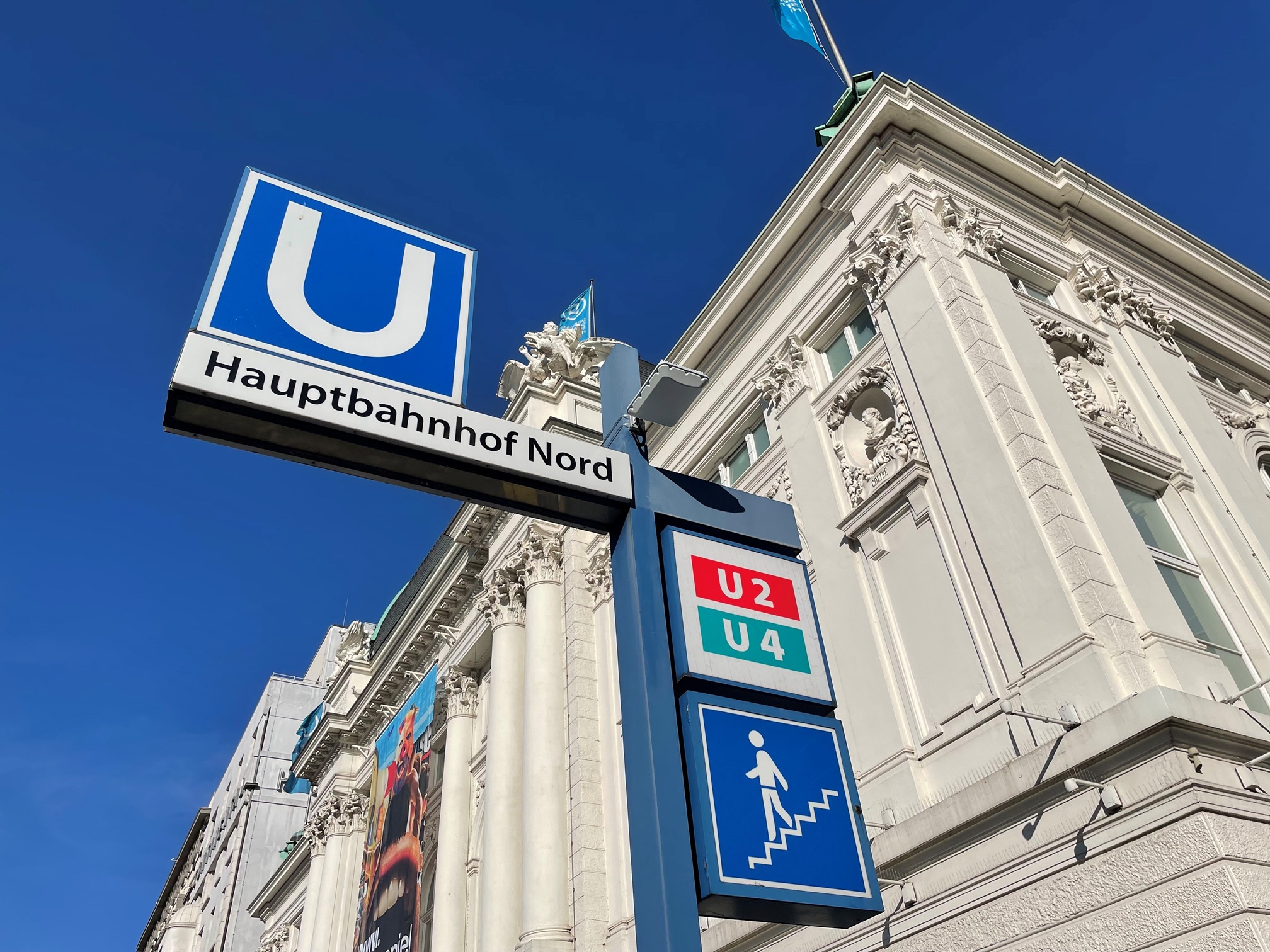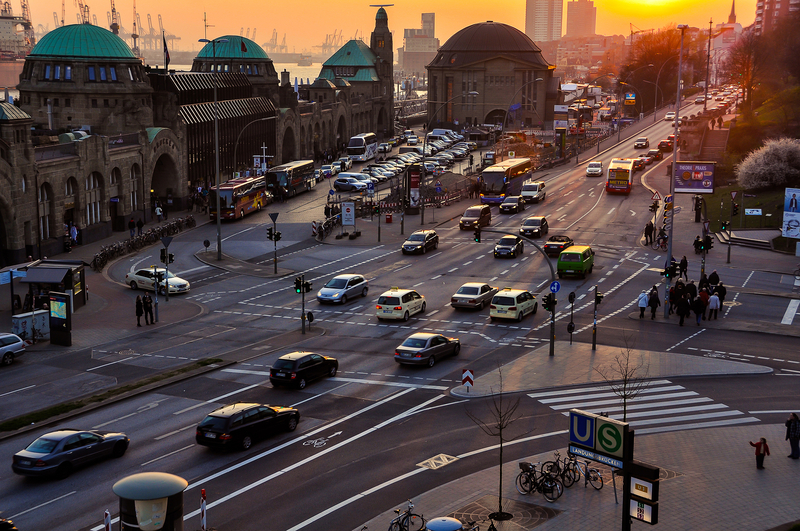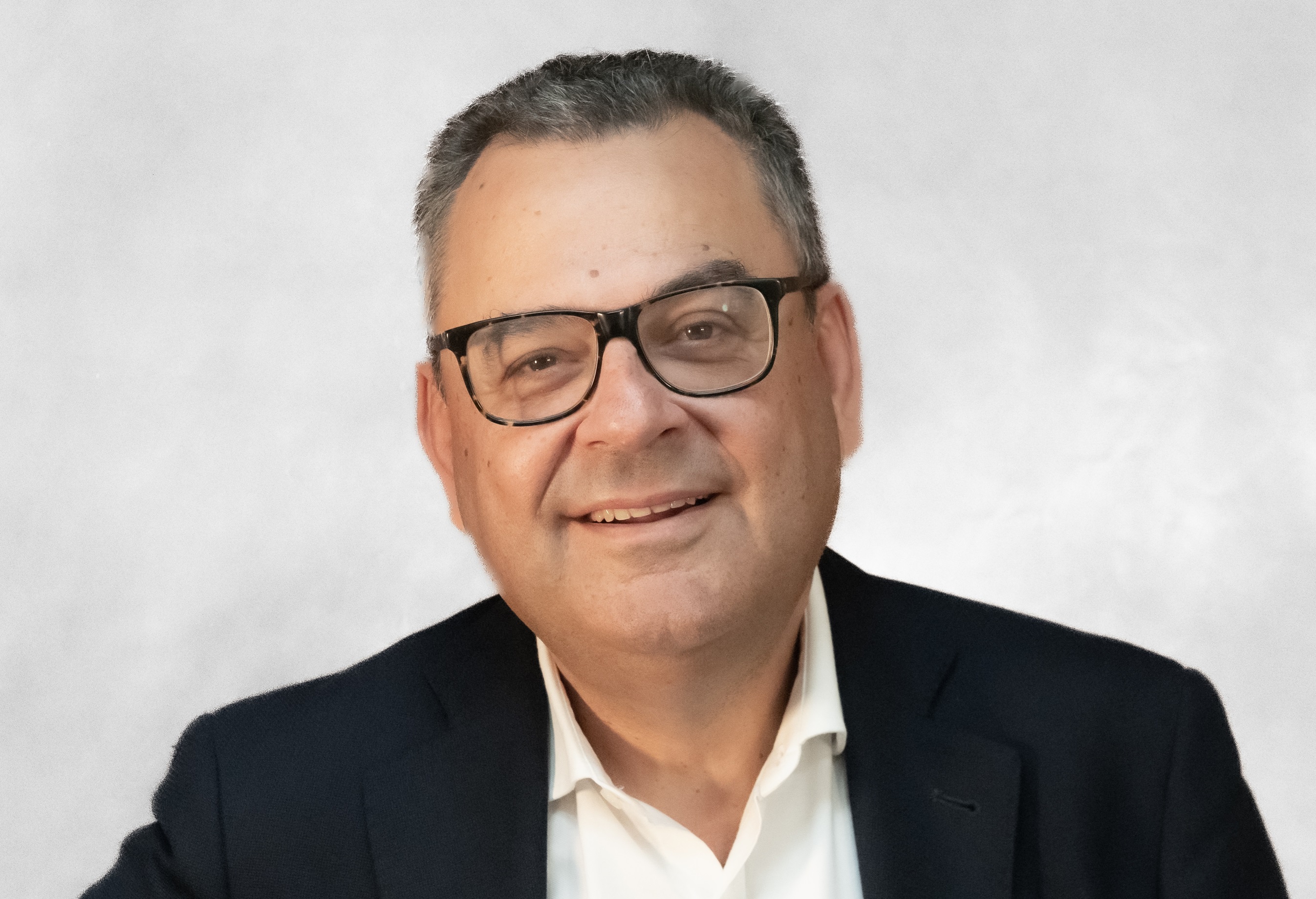
The need to decarbonise, the ever-present threat of climate change, and the drive to improve urban life for inhabitants of cities create a powerful backdrop for the UITP Summit - the annual gathering of public transportation professionals from around the world.
"Public transport is central to solving the global challenges of our time," said Renée Amilcar, UITP president, speaking at the opening ceremony of UITP Summit 2025 in Hamburg, Germany.
Amilcar, who is general manager of Ottawa’s OC Transpo, was re-elected in Hamburg as president of the international public transport association for the 2025-27 term. (Gautier Brodeo of RATP Group, France, has been elected as deputy president of UITP for the 2025-27 term).
"The future of mobility is being shaped by the people in this room," she said to a large crowd at the opening ceremony in the main hall of CCH - Congress Center Hamburg. "Public transport gives to our cities - it does not leave the people of our planet behind."
Speaking about this year's host city (and which will also host UITP Summit 2027), Amilcar said: "Hamburg shows how smart, sustainable transport can be at the centre of urban life."
"Public transport is not about systems and schedules - it's about people," she added.
However, Dr. Anjes Tjarks, minister for transport and mobility transition in Hamburg, seemed to argue that there was another way forward. "Public transport is a people-driven business," he told delegates. "But it must become a technology-driven business. That's a big challenge."
He also suggested it is worth promoting the "individualisation" of mass transit - in other words, car-sharing and scooter sharing, which is already happening: "This is interesting for users."
Active travel, the climate crisis, making life better for citizens - these were all things policymakers have in mind, he insisted.
"We want to transform our city - and public transport is key for this vision," he said.
Tjarks also pointed to an interesting historical point: this is the third time in its 140-year history that UITP has held its Summit in Hamburg (the other two being 1891 and 1957) and it was good to see that delegates would only have to wait another two years this time before coming back to the city.
He concluded by saying that fragmentation of transport services in Germany was unhelpful, and that more standardisation was needed - perhaps Europe-wide too.

During a panel moderated by UITP secretary general Mohamed Mezghani, Robert Henrich, CEO of public transit agency Hamburger Hochbahn, insisted he did not see shared mobility as a threat.
"It is not a competitor to public transport - it is a complement," Henrich insisted. "We think it's important that the customer should have the right solution at their fingertips." This would often be public transport - "it is the backbone of mobility in the city" - but could also be shared mobility.
Just so long as it was not a private car, he suggested.
Hamburger Hochbahn already has agreements with AV specialists Holon and Moia.
Sascha Meyer, CEO of Moia, welcomed the fact that there was less money going into shared mobility now. "It's a good thing that the 'gold rush' in a lot of these markets is over," he said. This meant it was more likely good businesses would rise to the surface, he thinks.
Asked by Mezghani why autonomous vehicles did not seem to have been deployed in the numbers that might have been expected, Meyer said: "The industry has underestimated the effort to create an integrated system."
UITP Summit runs from 15-18 June.












